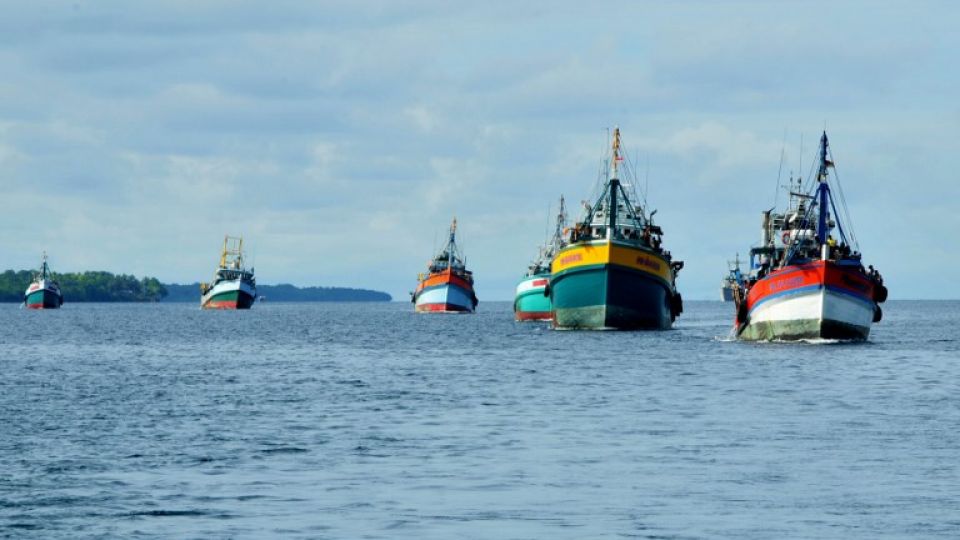November 5, 2019
The US is set to suspend over 1 billion USD of preferential treatment over certain Thai exports.
He said the two countries still have time to discuss the underlying issue of workers’ rights before the removal of GSP takes effect in April next year.
The commerce secretary was in Bangkok on Monday (November 4) to give a keynote address at the Indo-Pacific Business Forum.
Ross reiterated that the US government has placed priority on the Indo-Pacific region and is optimistic that more two-way trade and investment are coming.
US President Donald Trump has given priority to the region after having met Indian Prime Minister Narendra Modi recently and visiting Vietnam in 2017, he added.
Trump did not attend the Asean Summit and Related Summits between November 2 and 4. He assigned special envoy Robert C O’Brien to attend the Asean-US Summit on Monday.
Ross was accompanied by American business leaders at the Indo-Pacific forum, the second time it is being held after the first meeting in Washington in July 2018.
More than 1,000 business and government leaders from the United States and across the Indo-Pacific region gathered on November 4 in Bangkok for the business forum to promote the value of high-standard investment, transparency, rule of law, and private-sector-led economic development, according to information provided by US officials.
Ross said he and the US delegation would make a trip to Indonesia and Vietnam after their visit to Thailand.
He cited many statistics pointing to rapid growth in trade, investment and projects to back up his claim that the US has a strong commitment to the region.
“In fact, the US is the largest source of FDI in the Indo-Pacific region, with total investment at the end of last year being some $866 billion, far more than China’s foreign direct investment in the region worth $504 billion,” he said.
According to the fact sheet provided by US officials, since July 2018, the Department of Commerce has assisted more than 9,000 US companies doing business in the Into-Pacific region and facilitated more than $7.65 billion in US exports, of which $3.1 billion was for government tenders won by US firms. It also assisted more than 2,500 Indo-Pacific companies seeking to invest in the US, facilitating $18 billion of inward investment in the US from the Indo-Pacific. Meanwhile the Department of Commerce’s Advocacy Centre, which is focused on supporting US exporters pursuing public sector projects, has l,412 active cases in the Indo-Pacific valued at approximately $631 billion, with approximately $491 billion in potential US exports.
According to the US information, in November 2017, Trump laid out the US vision for a free and open Indo-Pacific, in which all nations are sovereign, strong and prosperous. Stretching from the US west coast to India’s west coast, with the dynamic Association of Southeast Asian Nations (Asean) at its centre, the Indo-Pacific region is home to the world’s fastest growing markets and offers unprecedented potential to strengthen the US economy while also improving lives in Asia and around the world. The Indo-Pacific region currently accounts for more than one-fourth of all US exports, and those numbers are growing.
According to the East-West Centre, two-way trade with the region last year amounted to more than $1.9 trillion, supporting three million jobs in the US and 5.1 million jobs in the Indo-Pacific region. US exports of goods and services to the region increased by 4.5 per cent in the past year.
Asean is the top destination for US investment in the Indo-Pacific. In 2018, cumulative US investment in Asean was $271 billion.
From 2017 to 2018, Indo-Pacific-announced greenfield investment in the US rose 7.5 per cent to 439 projects, and the US-announced greenfield investment in the Into-Pacific region rose nearly 23 per cent to 1,022 projects, according to FDI Markets.
Greenfield investments are those when companies establish new operations in a country or invest in new facilities and therefore have a strong impact on job creation.


